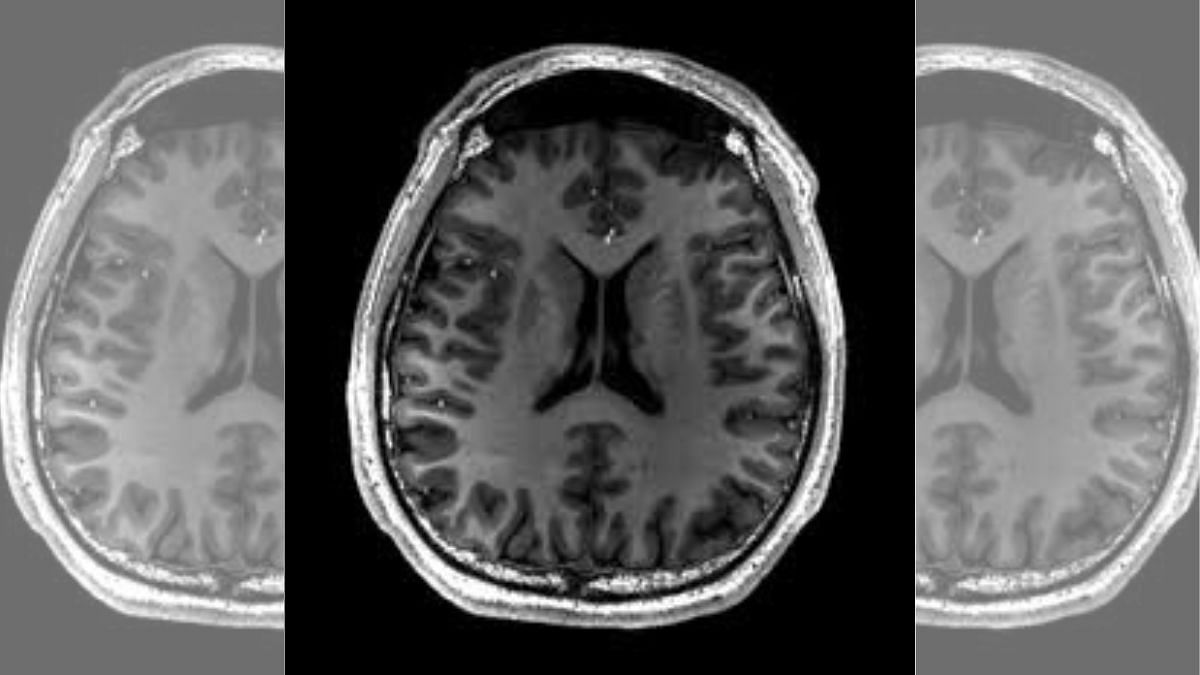New Delhi: Sixteen Indian hospitals, led by AIIMS Delhi, have come together to test what is being touted as the first-ever device designed specifically to treat Indian patients for acute ischemic stroke—one of the leading causes of mortality and morbidity in the country.
The GRASSROOT (Gravity Stent-Retriever System for Reperfusion of Large Vessel Occlusion Stroke) trial will use a new stent-retriever developed by US-based Gravity Medical Technology, which specialises in stroke treatment technology. This is a next-generation device designed specifically to tackle the unique features of stroke clots in the Indian population.
AIIMS experts shared details of the trial with ThePrint.
The device has been designed using expert inputs from international and Indian doctors and engineers, with the specific goal of fast, safe and complete restoration of blood flow to the brain.
India sees an estimated 17 lakh brain strokes every year—the highest globally, including young and old patients.
A stroke, also known as a brain attack, occurs when blood supply to a part of the brain gets blocked (ischemic stroke) or when a blood vessel in the brain bursts (haemorrhagic stroke).
In either situation, parts of the brain become damaged or die. This can result in lasting brain damage, long-term disability, or death.
The device being tested in the GRASSROOT trial is designed for mechanical thrombectomy, a procedure for removing clots from a blood vessel. Senior neurologists at AIIMS Delhi said that at least 3.75 lakh patients can benefit annually from the interventional stroke treatment.
In 2023, only about 4,500-5,000 Indian patients underwent this life-saving intervention (mechanical thrombectomy) which has been proven to be effective since 2015, they said.
“Given that India has a significant unmet need in interventional stroke treatment, we are excited to evaluate advanced next-generation stent-retriever technology in India,” Dr Shailesh Gaikwad, head of department of neuroimaging & interventional neuroradiology at AIIMS, told ThePrint.
“Our goal is to provide an innovative solution that will not only enhance stroke outcomes but also set new standards for stroke care globally,” he added.
Also Read: Why India’s new dietary guidelines limit sugar intake to 5% of daily calories, none for kids under 2
How the device works
A stent-retriever is a sophisticated medical device used to perform minimally invasive stroke surgery, called mechanical thrombectomy.
It is a procedure that removes a blood clot from an artery in the brain to treat an acute ischemic stroke. As part of the procedure, a catheter is inserted into an artery, usually in the groin, and guided to the clot.
The device is then inserted through the catheter to catch and remove the clot. The procedure is used for moderate to severe strokes, and is often recommended for patients with a Modified Rankin Score of 0 to 2. The MRS is a six-point disability scale with possible scores ranging from 0 to 5.
Experts at AIIMS said that there are significant differences between populations, based on cause of the stroke, size of artery, age of stroke, type of blood clot, etc.
“Therefore specific solutions need to be developed and tested to serve patients in a better manner and the new generation stent-retriever has been developed keeping South-East Asian population in mind,” a neurologist at AIIMS told ThePrint.
The neurologist added that the device is equipped to remove all kinds of blood clots and is significantly better at opening blocked arteries than existing devices.
In 2015, multiple research trials showed that interventional stroke treatment is highly beneficial for stroke patients suffering from blockage in an artery in the brain and the finding was considered similar to the use of cardiac stenting, which was proven highly beneficial in the 1990s.
This means that brain stroke can go from being a hardly treatable condition to a very treatable one—and paralysis associated with it can be reversed or limited to a large degree.
However, in the last nine years since this treatment is known to work, access to interventional stroke treatment has been highly limited in India, mainly due to lack of a device apt for Indian patients and the high costs associated with it.
The plan, said the doctors, is to make the device available for patients at one-fourth of the existing cost—which is over Rs 4 lakh now for just the device.
‘Trial will catalyse a new era of stroke care’
Before Indian hospitals joined the global GRASSROOT trial in August this year, the device has been tested in about 60 patients in Thailand and Pakistan since February this year.
AIIMS Delhi was among the first hospitals in the country where the device has been used and the first patient who underwent the surgical procedure using the equipment was discharged on 25 August this year after receiving the treatment.
“We are confident that the GRASSROOT trial will catalyse a new era of stroke care in India and beyond,” said Dr Deepti Vibha, a senior neurologist at AIIMS, associated with the trial.
The other hospitals where the trial is being conducted include Jawaharlal Institute of Postgraduate Medical Education & Research (JIPMER), Pondicherry, and Zydus Hospital, Ahmedabad, among others.
Apart from testing the efficacy of the device, the trial also aims to better understand patient characteristics and treatment strategies in the Indian population when compared to western countries.
It is estimated that not treating brain stroke has severe consequences—life-long disability, sometimes death, and socio-economic problems for the patient and their families. In the absence of treatment, the majority of severe brain stroke patients are unable to return to work.
Also, stroke is estimated to cost the Indian economy more than Rs 4 lakh crore in direct and indirect costs.
(Edited by Nida Fatima Siddiqui)
Also Read: Those who face racial bigotry have impaired gut-brain axis, finds new US study

